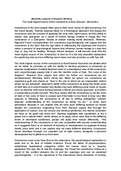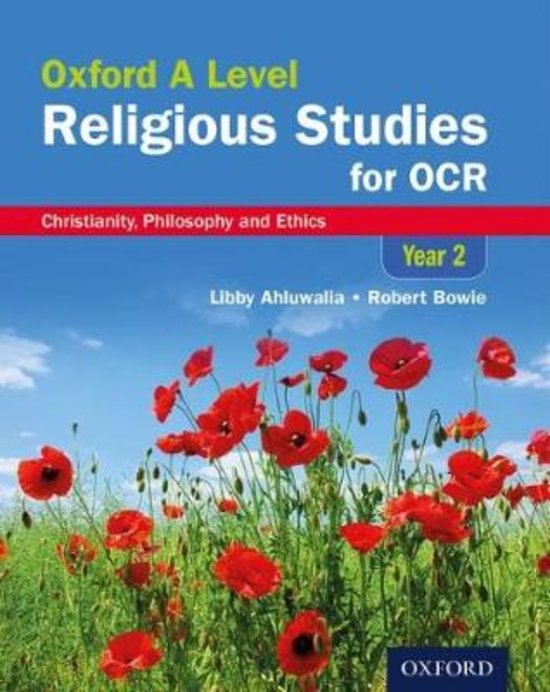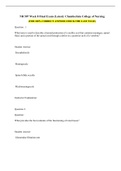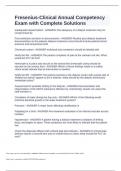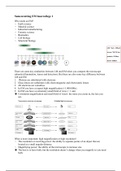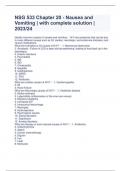Exam (elaborations)
The most logical source of the conscience is God. Discuss.’ (40 marks).
- Course
- Institution
- Book
This document includes OCR A Level Religious Studies - Conscience Essay. This is an example of an essay that could potentially come up. Some of the essays include summaries. I am an A* student and these essays are all at an A-A* standard. If you need further help, please contact me and I will be wi...
[Show more]
